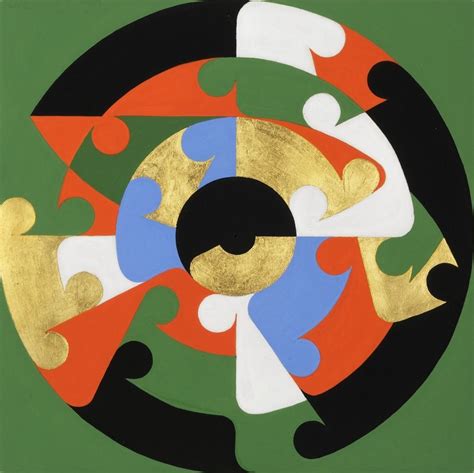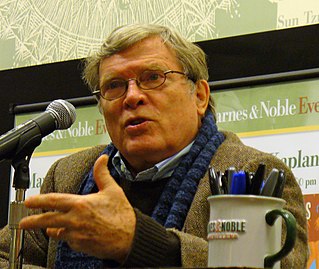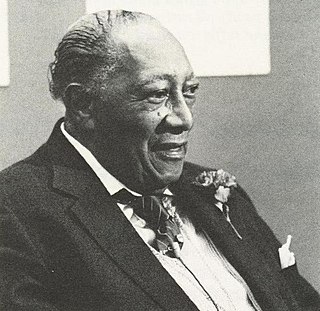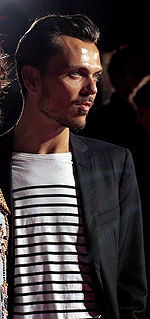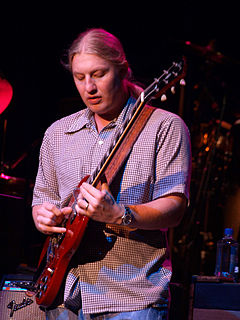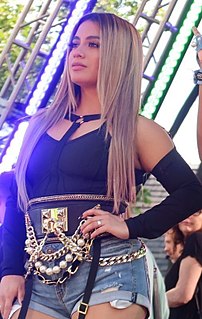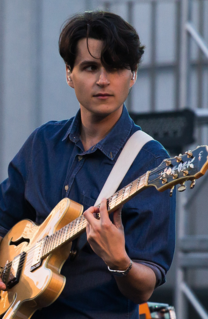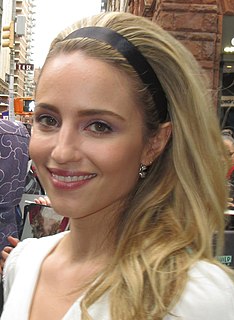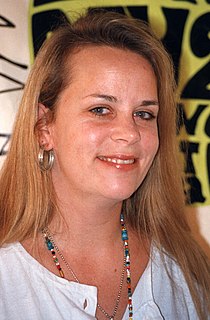A Quote by Gabriel Orozco
You see what you understand, You have to be prepared to see the world. The moment of clicking the camera is almost irrelevant. What is really important is what happens before and after you take the picture.
Related Quotes
I think it’s very important to live in the present. One of the great things that improvising teaches you is the magic of the moment that you’re in … because when you improvise you’re in right now. You’re not in yesterday or tomorrow—you’re right in the moment. Being in that moment really gives you a perspective of life that you never get at any other time as far as learning about your ego… You have to see your unimportance before you can see your importance and your significance to the world.
For me, what was important was to record everything I saw around me, and to do this as methodically as possible. In these circumstances a good photograph is a picture that comes as close as possible to reality. But the camera never manages to record what your eyes see, or what you feel at the moment. The camera always creates a new reality.
I think that anybody who's anti-selfie is really just a hater. Because, truthfully, why shouldn't people take pictures of themselves? When I'm on Instagram and I see that somebody took a picture of themselves, I'm like, 'Thank you.' I don't need to see a picture of the sky, the trees, plants. There's only one you.
If I'm traveling, I'll take a film camera and a digital camera because sometimes there are moments where, if you've lost it, or if coming back and it accidentally goes through the X-ray machine and it gets overexposed, you might have had a really important moment to you and you would be really upset that you didn't have a back-up.
